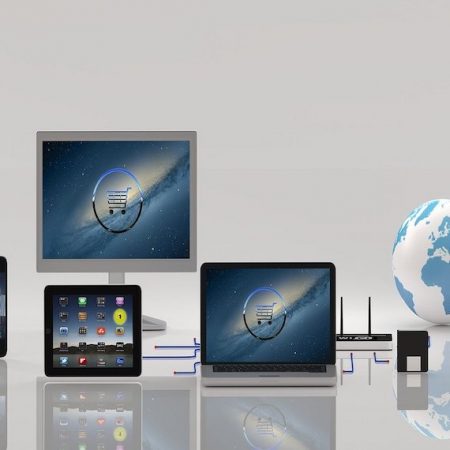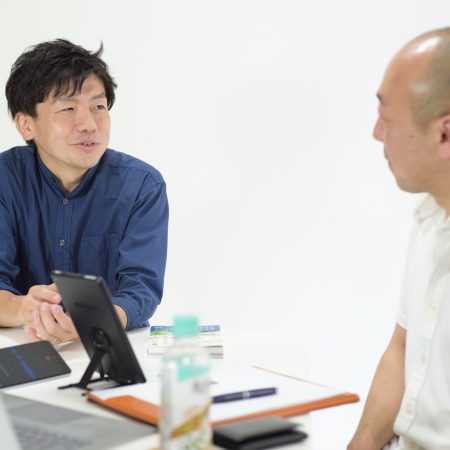SPECIAL
Global Talent: What does it mean for the Japanese ?
We hear the word of “global talent” often these days in Japan. What is actually global talent for the Japanese ?
I would like to explain the background of global talent development in Japan and what does global talent mean for the Japanese. Finally I would like to share 3 examples of Japanese companies implementing global talent programs. From the examples, you can see Japanese companies are working to change their work environment to accept more diversity to welcome global talent.
Global Talent Development Initiative in Japan
We are living in the world of global economy. In recent years, the word of Global Jinzai (global talent in Japanese), is a term appearing frequently for human resources development and recruitment in Japan. In a broad term, global talent are the persons who can successfully work globally.
According to the Ministry of Education, Culture, Sports, Science and Technology in Japan, the definition of global talent is as follows;
“Global talent are people who possess a broad worldview based on both general and specialized education, have communicative and cooperative abilities to build relationships which go beyond values, cultures and different languages, and that have the ability to create new values and the desire to contribute to society now and in future generations in today’s competitive and cooperative world, while maintaining their sense of Japanese identity.”
Japan is a country facing a significant challenge of the rapid aging society due to low birth rate. In order to sustain well-advanced economy, Japanese companies have been expanding their businesses further to the global market for larger markets. Under this situation, fostering globally competitive human resources through eduction and training became an increasingly important part of global strategy for Japan. In 2011, the Council on Promotion of Human Resources for Globalization Development was established directly under the Prime Minister and his cabinet as an advisory council.
Under this initiative, the schemes for developing global talent from Japanese youth by promoting to study abroad as well as from International students by accepting talented students to Japanese universities were set up.
As a low birth rate country, fostering global talent only from Japanese youth is not enough to maintain its global competitiveness, thus the government has taken the steps to accept talented international students.
Attributes of Global Talent

What are the attributes of global talent which Japanese companies are looking for ?
Simplified definition of global talent set by the Council on Promotion of Human Resources for Globalization Development is as follows:
Global talent possess;
Factor 1: Linguistic and Communication skills
Factor 2: Self-direction and positiveness, a spirit for challenge, cooperativeness and flexibility, a sense of responsibility and mission
Factor 3: Understanding of other cultures and sense of identity as a Japanese
As for international students, Factor 3 is replaced by understanding of Japanese culture which can be learnt in the universities and living in Japan as well as working at the Japanese companies after graduation and Factor 1 is to learn Japanese language.
International students are expected to be a bridge between Japanese business and the business of other countries by understanding business customs of both countries after graduation.
Companies known hiring global talent

More and more Japanese companies are hiring foreign national employees in order to respond to the globalization of their business. Sony, Rakuten, and Panasonic are known to have hired global talent in a large scale.
SONY
Sony is regarded as a pioneer global company among Japanese companies, as they have implemented a global human resources program from the 1960s.
It operates as one the world’s largest manufactures of consumer and professional electronic products, one of the largest video game console companies and game publishers as well as an entertainment company for music and movies, through Sony Pictures and Sony Music.
Sony as a group employs more than 140,000 personnels globally from 65 countries. More than 70% of Sony’s turnover is now generated overseas and more than half of employees are working overseas. They have been hiring professionals locally as well as global talent. They are successfully developing the new products on global projects. The engineers from Japan, the US, China and other countries across the globe get together to develop new products while they communicate in English as their common language.
The group is also actively working to create an environment for working globally. The “Buddy Program” started at the head office in 2013. This is an initiative in which Japanese employees and foreign employees become “buddies” where they teach each other their mother tongue. The purpose is not just to learn a language, but to understand diverse cultural and ideological backgrounds as a global company.
I have met 2 public relations professionals from Sony Indonesia more than 20 years ago. One was their PR manager and she was an expat from Hong Kong while the other was a new Indonesian recruit who graduated from a Japanese university. Both of them come across as very specialized public relations professionals, which was not common among Japanese overseas subsidiaries. Japanese companies traditionally hire generalists and train them in-house, so I hardly met professional PR persons especially at overseas subsidiaries. Now I realize it was due to the global talent program Sony was running even more than 20 years ago.
Rakuten
Rakuten is a leading Japanese e-commerce and online retailing company. The Company’s main business is Rakuten Ichiba, which is one of the largest e-commerce sites in Japan and its businesses include financial services utilizing fintech. It also operates a mobile carrier, Rakuten Mobile. Rakuten has around 15,000 employees worldwide, operating in 29 countries and regions. It is often referred to as “the Amazon of Japan“.
It is reported that 80 out of 100 engineering new recruits in 2014 were foreign nationals. Rakuten has changed their official language to English in 2010 and has been promoting diversity within the Company and attracting talented international personnels.
Panasonic
Panasonic hired more than 300 foreign employees in Japan by implementing large-scale global hiring around the world. They actively hired foreign national employees to promote globalization from the HQ in responding to expansion of their business globally. Currently, they have foreign employees from16 countries such as China, South Korea, India, the United States, Uzbekistan, Colombia, Sri Lanka, Germany, France, Mongolia, Italy, Switzerland, Thailand, Turkey, Indonesia, Vietnam.
They have conducted business Japanese training to their foreign employees and also cross-cultural training in a workshop format in order to raise awareness and educate their Japanese employees. They have also set up the global human resources system in order to utilize the strengths of their foreign employees.
In order to respond to the globalization of economy, more and more Japanese companies are working to develop global personnel system and hire global talent. This trend will continue, as utilizing global talent is regarded as a key to the survival for Japanese companies in order to maintain global competitiveness. Although traditionally the Japanese are not good at English, but like the cases of Sony and Rakuten, communicating in English on business are getting more popular and also promoting diversity is what the Japanese companies are working on, so that more foreign nationals find comfortable to work and thrive in Japanese companies.








